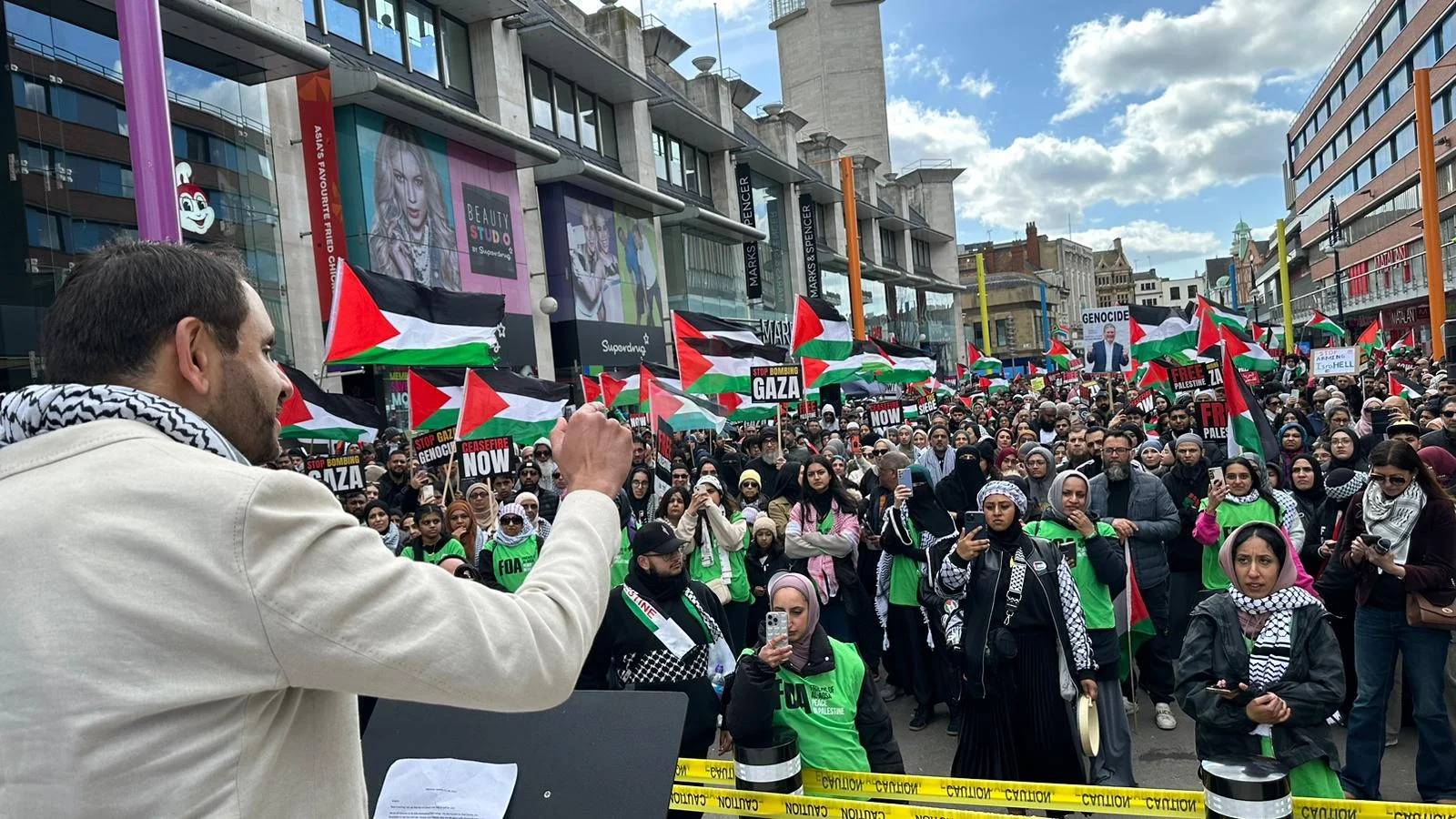Once upon a time, there was no greater defender of the faith than the Austro-Hungarian Empire. In July, Pope Francis will visit one of the crown jewels of the former dynasty in Krakow, Poland, where you can still find portraits of Emperor Franz Joseph on restaurant signs, water bottles and various forms of local kitsch.
Today, given Francis’ social and political agenda, there’s a form of heartburn for him coursing through several of these former Habsburg lands.
Both Poland and Hungary in particular have seen the rise of nationalist political movements with apparently xenophobic tendencies, generally hostile to the EU, hostile to migrants and refugees (especially Muslim ones), and, at times, hostile to the messier elements of democratic governance and thus supportive of strong hands on the rudder.
In Poland, it takes the form of the governing Law and Justice party, led by Jarosław Kaczyński, while in Hungary it’s the Fidesz party under Viktor Orbán.
Both are countries where the Catholic Church wields enormous influence, and, to be frank, it’s been a bit tricky for Catholic leaders to know how to react.
One window onto the tensions can be glimpsed from the experience of “Europinfos”, a monthly publication offering a Christian take on European affairs issued jointly by the Commission of the Bishops’ Conferences of the European Union and the Jesuit European Social Center. It also appears on-line in English, German and French.
Recently, “Europeinfos” has been forced to take down two controversial articles, one on Poland and the other on Hungary, after the bishops’ conferences in those two nations protested.
The first piece, by Polish Catholic publisher Henryk Woźniakowski, suggested that under Law and Justice his country is weakening “democratic institutions” and restricting “civil liberties.” The second, by Austrian philosopher Hans Schelkshorn, accused Orbán in Hungary of an ideology of “Christian post-fascism.”
“Consistent with the Christian character as outlined by Catholic Church leadership, the humanitarian ideals of Europe and the ‘Christian West’ are not to be defended by a return to politics based on ethnic principles,” Schelkshorn wrote.
Instead, he said, the true Catholic approach is “a generous state asylum policy and the dedication of voluntary aid workers who warmly welcome refugees at stations, in gathering points and at borders, supply them with essential needs and offer them accommodation.”
One understands why bishops in Poland and Hungary would get nervous seeing that kind of commentary in a publication issued by a continental body of prelates, because it could come off as a political attack or as interference in national affairs.
The thing is, though, bishops in these former Habsburg lands may want to figure out how to cope with the turmoil now, because Pope Francis is coming – and if they think he’s not likely to say a lot of same things Schelkshorn did, they just haven’t been paying attention.
Granted, the pontiff is heading to Krakow in late July primary to lead the Church’s World Youth Day, and secondarily to celebrate the life and legacy of St. Pope John Paul II (whose own images easily outnumber those of Franz Joseph around the city, by the way.)
However, this is Francis we’re talking about, for whom the European refugee crisis and the broader issue of immigrant rights is his top social priority in 2016, enjoying the same pride of place that the environment did last year, culminating with Laudato Si’ and his push around the Paris climate change summit.
Francis has not missed an opportunity to push his pro-refugee message this year, famously including bringing 12 Syrian refugees back with him to Rome after a day trip to the Greek island of Lesbos.
It’s hard to imagine, therefore, that Francis will come to what’s increasingly seen as ground zero in Europe for a “walls not bridges” approach, and not lay down a challenge. If Kaczyński in particular, since he’ll be the host, has any doubt it could be a bumpy experience, he might want to ring up Donald Trump.
Receiving the Charlemagne Prize in early May for service to European unity, Pope Francis rolled out an “I Have a Dream!” speech, among other things saying he longs for a Europe where being an immigrant is “not a crime, but a summons to greater commitment on behalf of the dignity of every human being.”
Few things are truly predictable with this pope of surprises, but perhaps the biggest surprise of all would be if he doesn’t somehow echo that message in Krakow.
Local bishops can always get a couple of articles taken off a Church web site, but it’s going to be a lot harder to scrub whatever the pope says or does out of the public imagination.
As a result, bishops in places such as Poland and Hungary – who naturally have an investment in trying to keep the social and political peace, and not unnecessarily dividing their flocks – will probably want to figure out how to package all this in a way that comes off as constructive criticism, rather than trying to make the Catholic challenge to their current regimes go away by muzzling it.
Because, let’s face it, right now that “challenge” has no more prominent advocate than their boss, and good luck muzzling him.
















